US-based Sonali Gulati is gay activist, filmmaker and more
New Delhi, July 5 (IANS) Petite and with close-cropped hair, Sonali Gulati's quiet demeanour hardly reflects her fiery self. One of the organisers of Delhi's first gay parade, the passionate filmmaker is a melting pot of talent, sensitivity and courage.
Published: Saturday,Jul 05, 2008 15:16 PM GMT-06:00
New Delhi, July 5 (IANS) Petite and with close-cropped hair, Sonali Gulati's quiet demeanour hardly reflects her fiery self. One of the organisers of Delhi's first gay parade, the passionate filmmaker is a melting pot of talent, sensitivity and courage.
'I'm an activist, an artist, and an educator,' 35-year-old Gulati, who is a professor of filmmaking at Virginia Commonwealth University, US, told IANS here. Five of her films are being screened at the India Habitat Centre in the capital Sunday.
She divides her time between the US and India. Six films old, issues related to an individual's identity are closest to her heart.
'I took a course on visual anthropology and watched several ethnographic films that were mostly made by white, upper class men, and the films were about people of different colour, often from less developed countries.
'It made me question: who has the power to represent whom? What would happen if people were given cameras to represent themselves? So I began my journey into filmmaking keeping this issue of self-representation at the forefront of my mind,' Gulati said narrating her journey into the world of filmmaking.
'Out & About', one of Gulati's latest films which will be released 2009, is a documentary of conversations with parents whose children are gay. A personal and revealing feature film which travels across India where being gay is illegal and punishable under law, this project is close to Gulati's heart.
'My mom died before I could tell her (about my sexuality). It's very important for gay people to see images of others like themselves because the isolation is very depressing,' she said.
'Sum Total', another of her films that is of just five minutes duration, is an exploration of how an Indian lesbian deals with the pressure when her family tries to get her married.
'I believe that films can change the way people think about a certain issue. I'm most interested in exploring the subject of identity in all its shapes and forms: race, class, gender, ethnicity and sexuality,' Gulati, who went to the US to study in 1993, said.
Among her other films that will be screened Sunday are 'Barefeet', 'Name I Call Myself', '24 Frames Per Day' and an excerpt from 'Nalini By Day, Nancy By Night'.
Talking about activism for the cause of homosexuals here, Gulati said this was never on her agenda but she felt duty bound to do something for the queer community in India when she came clean about her sexual preferences 12 years ago in America.
'I think that changing the law - the archaic Section 377 of the Indian Penal Code which makes homosexuality a crime in India - is the first step to make people accept lesbians, gays, bisexuals and transvestites (LGBT) as any other human being,' Gulati stressed.
'But we also need to educate, sensitise and make people aware that queer people are not abnormal, that homosexuality is not a disease, that this is not just about sex, but about rights and our identities, it is about our lives,' she added.
In 1995, Gulati joined Khush, a group on Yahoo for homosexuals to meet each other that has more than 3,000 members now. After moving to America, she became active in SALGA (South Asian Lesbians and Gays Association), before starting desidykes, a list service for lesbian, bisexual and transgender women.
She is also a regular contributor to DesiQ, a magazine in California for Indians of alternate sexuality.
One of the organisers of Delhi's first gay pride parade which took place a week back and turned out to be a big success, Gulati said the response was beyond what she had expected.
'I think it was a huge turnout for a first time celebration, way beyond what we expected. But now I'm dreaming bigger and hoping that next year there will be 7,000 instead 1,000 of us out on the streets of Delhi,' she smiled.
'I would like to see more people, who don't necessarily have to be queer, to be out there supporting us. I think that forming coalitions is the way to build movements. After all, we were there to support the Tibetans during the parallel torch march, we were there to advocate women's rights on International Women's Day. Queer rights is human rights,' she said.
Your reaction
 Nice
Nice Awesome
Awesome Loved
Loved LOL
LOL OMG
OMG Cry
Cry Fail
Fail

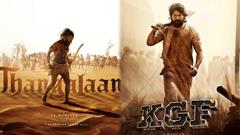
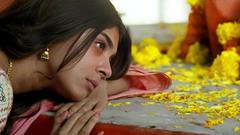


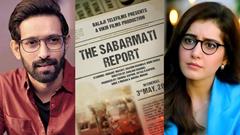
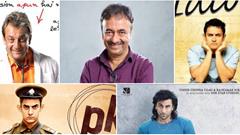
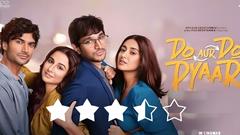
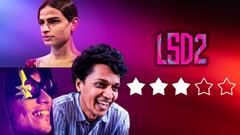
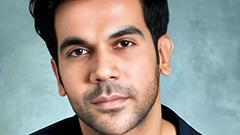
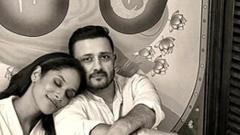

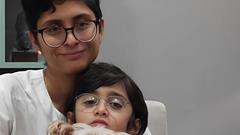

Comments (0)